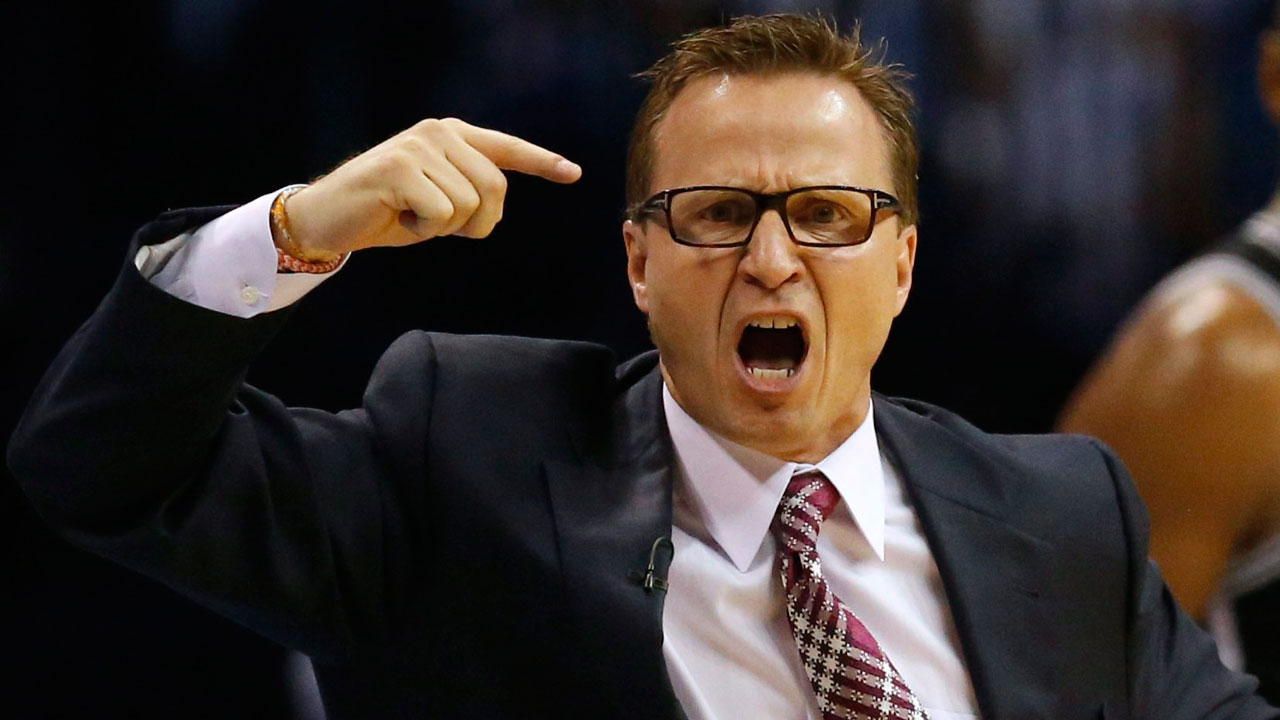In a surprising turn of events, tensions within the Los Angeles Lakers organization have surfaced following a public exchange between LeBron James and a Lakers official. The controversy began when LeBron James, known for his outspoken nature and influential presence both on and off the court, made comments implying that his son, Bronny James, deserved a spot on the Lakers roster based on merit.
LeBron’s remarks, made during a post-game interview, suggested that Bronny, a highly touted high school prospect, should be given a fair shot at joining the Lakers. He emphasized Bronny’s hard work, talent, and potential, expressing confidence in his son’s ability to make it to the NBA. “Bronny has earned his place,” LeBron stated. “He’s put in the work, and he deserves to be evaluated like any other player.”
However, these comments did not sit well with some within the Lakers organization. A senior Lakers official, speaking anonymously to the media, fired back at LeBron’s implication. “LeBron needs to understand that being an NBA player is about more than just talent,” the official said. “It involves fitting into the team dynamics, the right timing, and countless other factors. Drafting someone simply because they’re a star player’s son is not how we operate. Every player must earn their spot based on merit, not familial ties.”
This exchange has sparked a debate among fans and analysts. Supporters of LeBron argue that his influence and insight into the game provide a unique perspective on evaluating talent, including his son’s. Critics, however, believe that the integrity of the draft process must be maintained, with every player evaluated on their abilities and potential contributions to the team.
As the Lakers navigate this internal conflict, the situation highlights the complexities of balancing personal relationships and professional responsibilities within a high-stakes environment like the NBA. Whether this controversy will impact the Lakers’ future decisions or LeBron’s standing within the organization remains to be seen, but it underscores the challenges of managing star players and their influence.

Leave a Reply